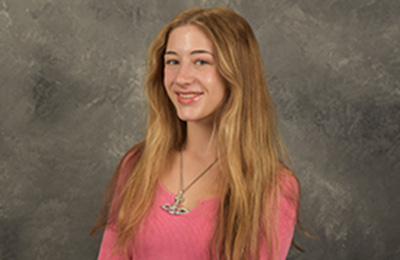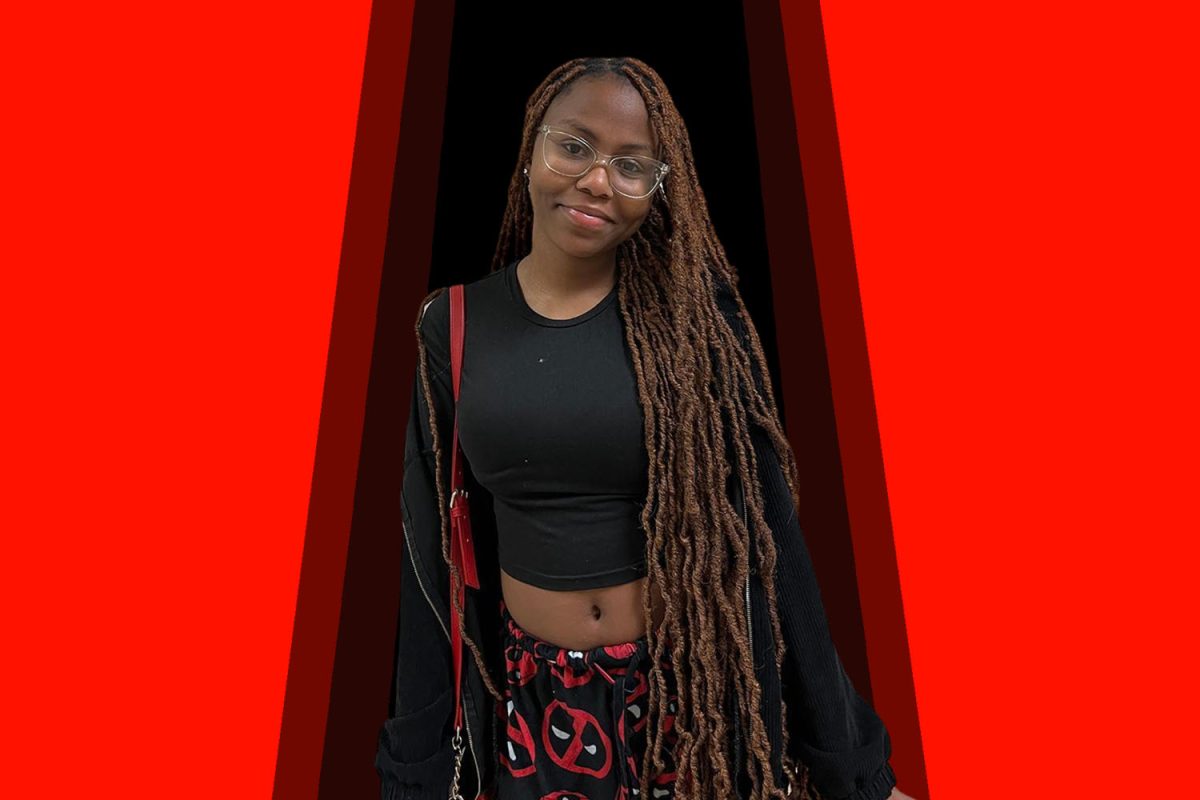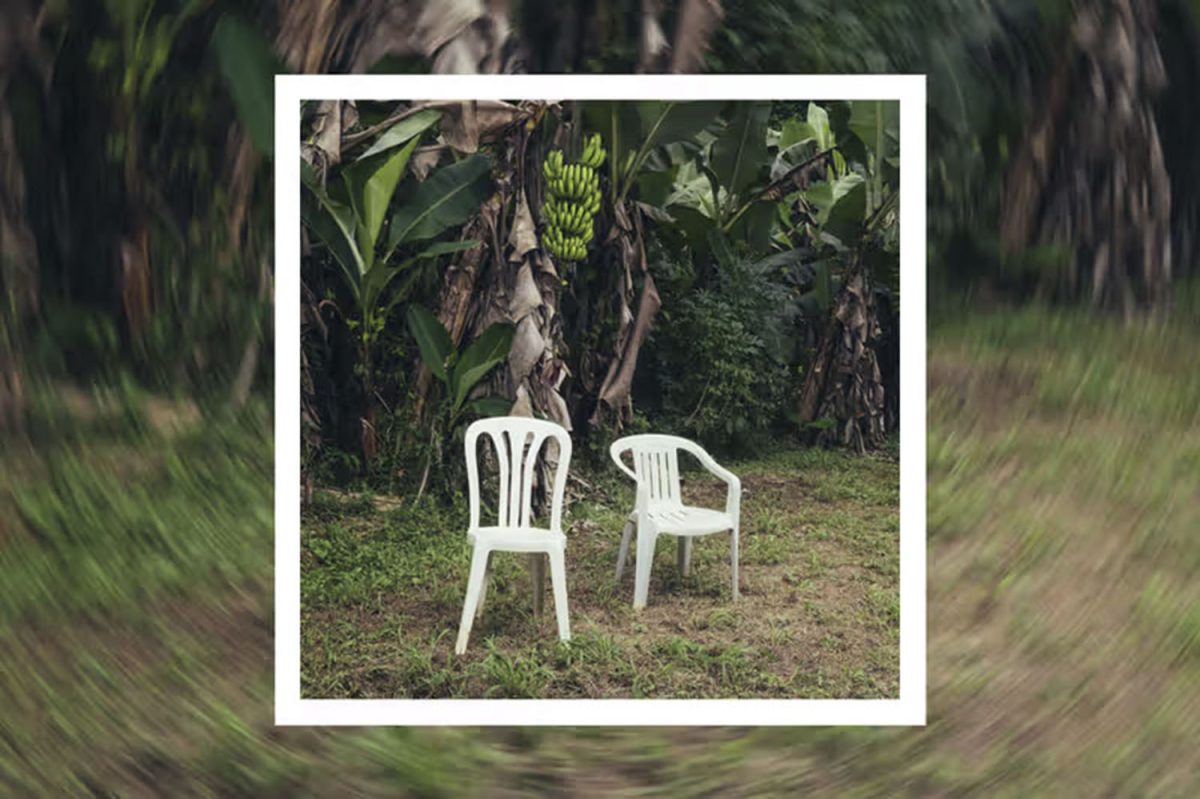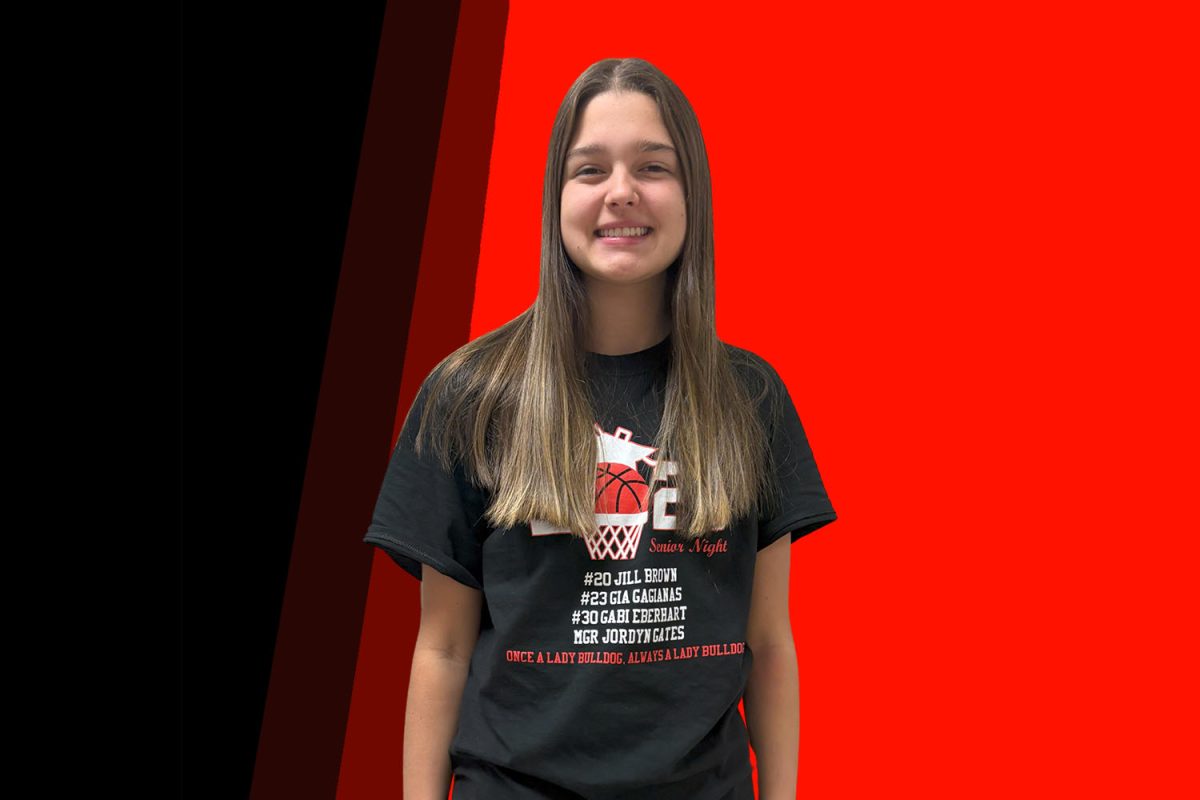What Does Makeup Really Cover?
May 23, 2023
In a world where commercialization controls almost everything, the way makeup is represented may not be as beautiful as it seems. Everywhere we look, when we see makeup ads, they all have the same base– girls with big lips, small noses, long eyelashes and slim faces. They sell us products like contour palettes and lengthening mascaras, as if to say, “Don’t worry! If you don’t fit our standard, you can try and fix it– that is, until you go home and take it off.” What kind of message is this sending to young girls and boys who don’t have those lips, that skin tone or those eyes?
On one hand, I do see how the use of makeup could help insecurity fade and increase confidence. But those feelings are only temporary because with one wipe, that confidence is erased.
When I used to take off my mascara, I’d be so upset that I wasn’t beautiful the way I wanted to be– the way I saw on the billboards. I didn’t have that nose or that jawline. I became increasingly dependent on it to feel ‘pretty,’ and felt worse and worse every time I took it off. I only felt confident wearing makeup, and felt ugly without it.
Instead of having a strict beauty standard, we need to change the way makeup is perceived. Where is the representation for girls and boys with different features, like big noses, acne or missing eyelashes?
Instead of the perfect face on our screen reminding us of everything we are not, we need to see a real, imperfect person wearing makeup to show that even if you do not have those ‘perfect’ features, makeup is not meant to hide those things, rather to embrace them, for the sake of art and self.
Makeup is just a device– it can be used for good or bad. It’s important to use it in a way that promotes self confidence instead of demoting it.







